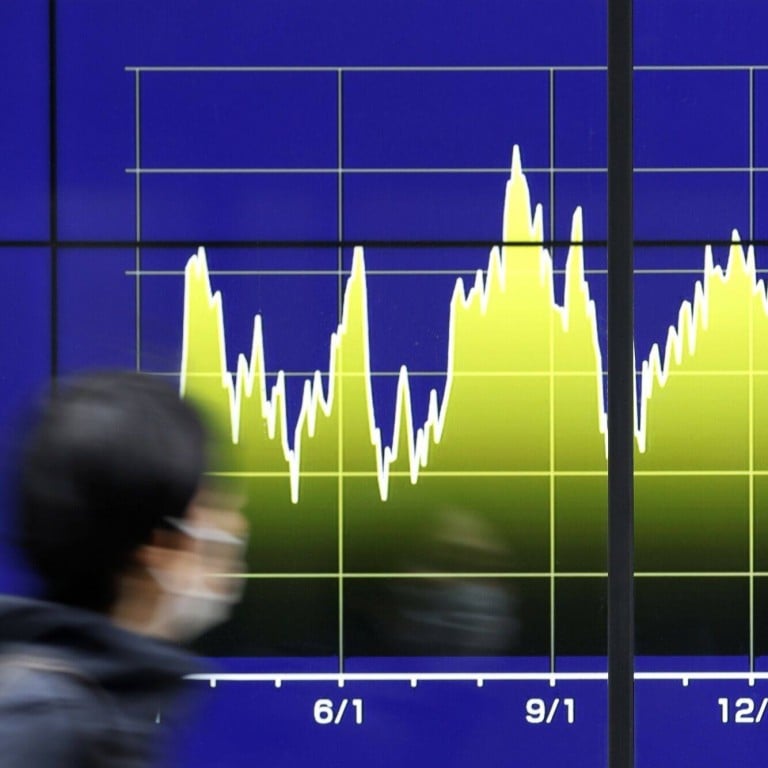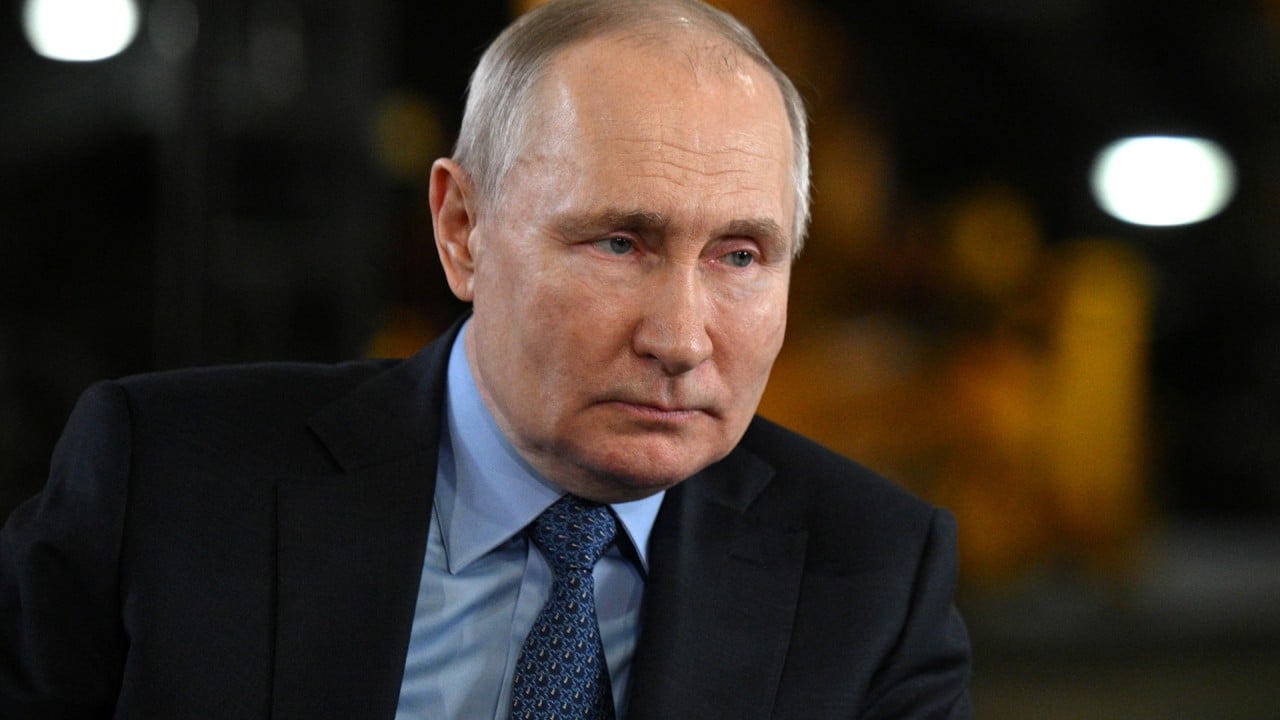
It’s getting harder to be a savvy investor as financial and geopolitical risks grow
- Financial contagion fears, a toxic geopolitical environment and a proliferation of sanctions have made investors nervous
- When risks are rising and returns are falling, investors can only step with great care
In 2017, Mark Carney, as Bank of England governor and chairman of the Financial Stability Board, proclaimed that “the fault lines of the crisis have been repaired. The financial system is now better supervised and regulated. We have built a safer, simpler and fairer system”.
Such claims are shaky at best. SVB and Credit Suisse showed the fault lines had grown wider and, as London School of Economics professors Charles Goodhart and Jon Danielsson put it, “regulatory policy after 2008 is a failure”.
Bank runs are symptoms of massive investor insecurity. Both SVB and Credit Suisse showed that only a central bank’s provision of massive liquidity could stop the contagion.
All markets work on the reflexive interaction between greed and fear. Investors are greedy for gain, but fear losing liquidity, their principal and yield. In the last few years of heady unicorns – billion-dollar start-ups – those who made the most were in concentrated assets, investing in products they knew best, such as technology stocks.
The best returns were made by domain specialists who knew the quality of companies they invested in and their market potential. Retail investors with diversified portfolios also did reasonably well in a benign inflation environment where low interest rates boosted asset inflation.
No one is fully secure. If anyone is caught in the wrong company, supply chain or payments mechanism violating sanctions, even if merely by accident, they and their assets face deep uncertainty.
Hedging strategies do not work well in the face of regime sanctions – any asset caught in any jurisdiction, supply chain, payments system or property registry would be at risk. Even Switzerland’s role as a neutral tax and privacy haven is being shaken, now the country is drawing closer to Nato.
The cumulative consequence is that risks are rising, while returns on investments are falling. Few are willing to invest for the long term with such uncertainties, other than perhaps a few defence contractors and their tech suppliers. No wonder the World Bank thinks that over the next decade, growth will be lower for longer, implying that profits will shrink.
There are signs that gold and other precious metals are becoming serious alternative assets, especially if the top reserve currency countries cannot wean themselves off looser monetary policy. Central banks are beginning to increase their gold holdings.
To find the next big investment darling, just follow the science
Traditionally, gold prices move negatively in correlation with the dollar, meaning that they strengthen when the dollar is weak and inflation is high. Precious and rare metals used in batteries and hi-tech equipment will only see higher demand as spending on defence and alternative energy increases. But investing in such assets also carry its special risks, such as in liquidity, custody and warehousing.
Uncertain times mean that cash is king, but even deposits carry risks. Hence, we come back to the fundamental principle of caveat emptor – buyer beware. Your money is at risk so you had better know what you are buying, holding and where the risks really lie. If you don’t understand it, and your broker or adviser can’t explain its risks well, stay away from it.
In short, nothing can be taken for granted. Time to think through all your potential risks and invest accordingly. What you truly and deeply care about really matters this time round.
Andrew Sheng writes on global issues from an Asian perspective


